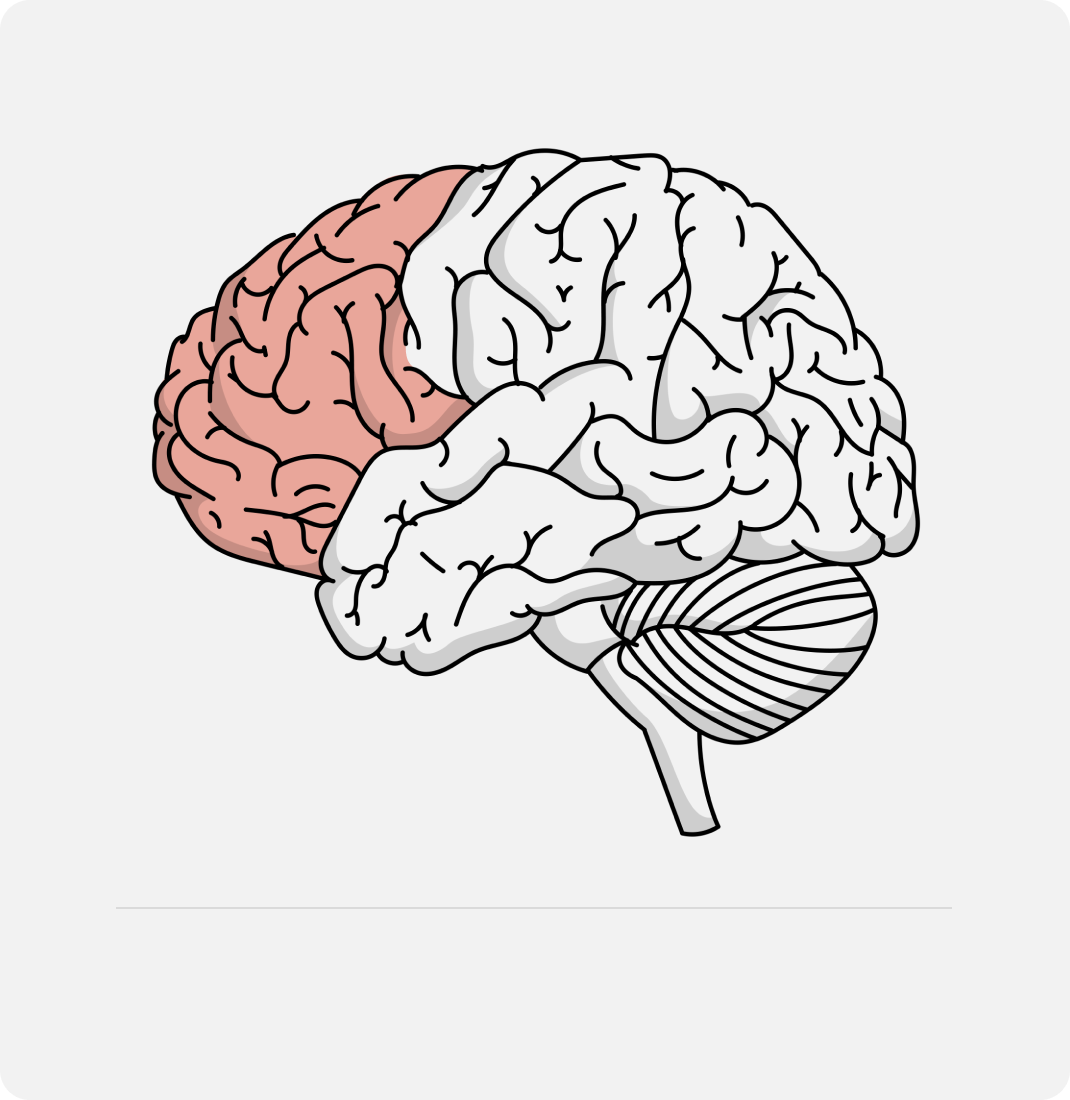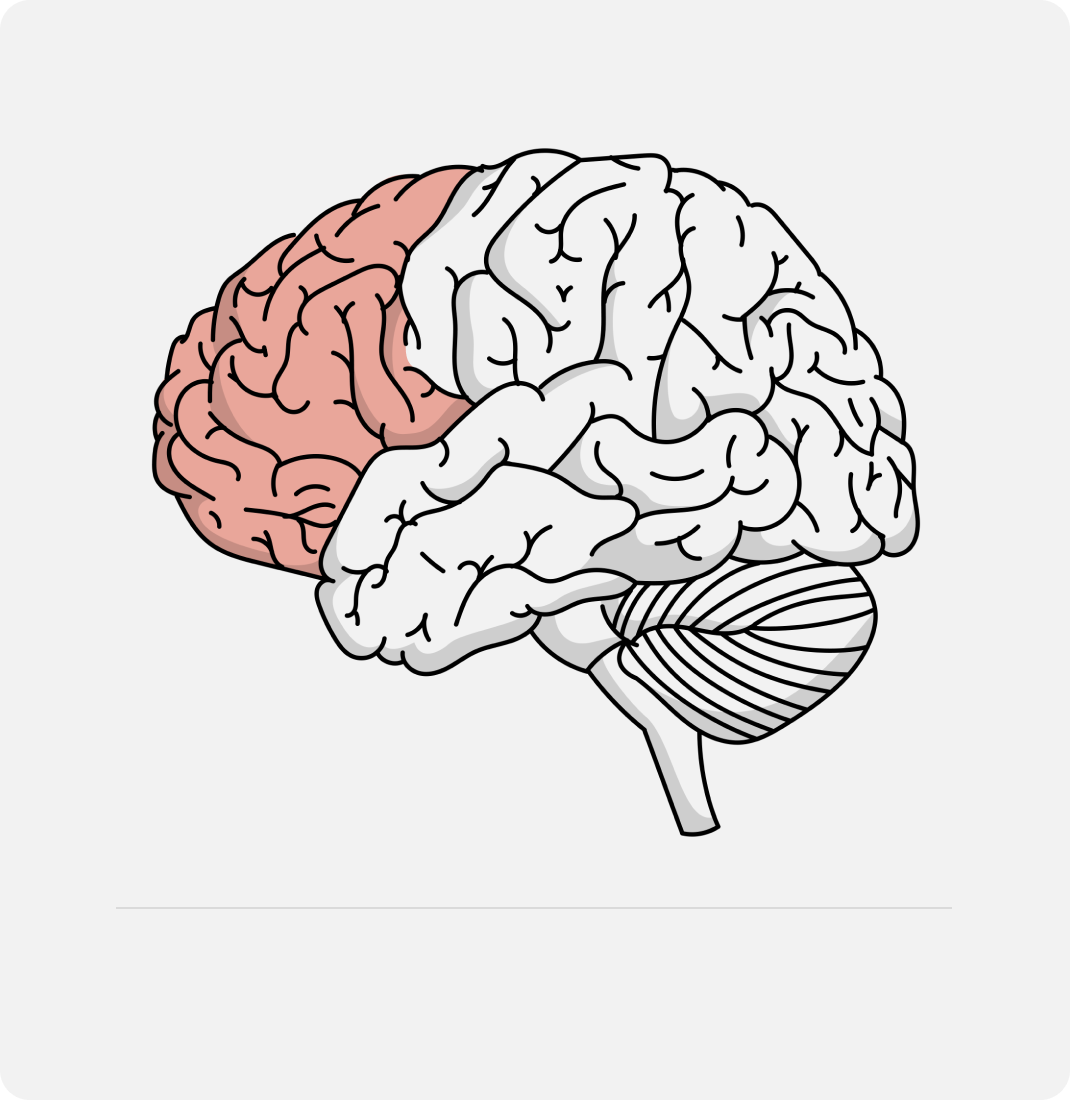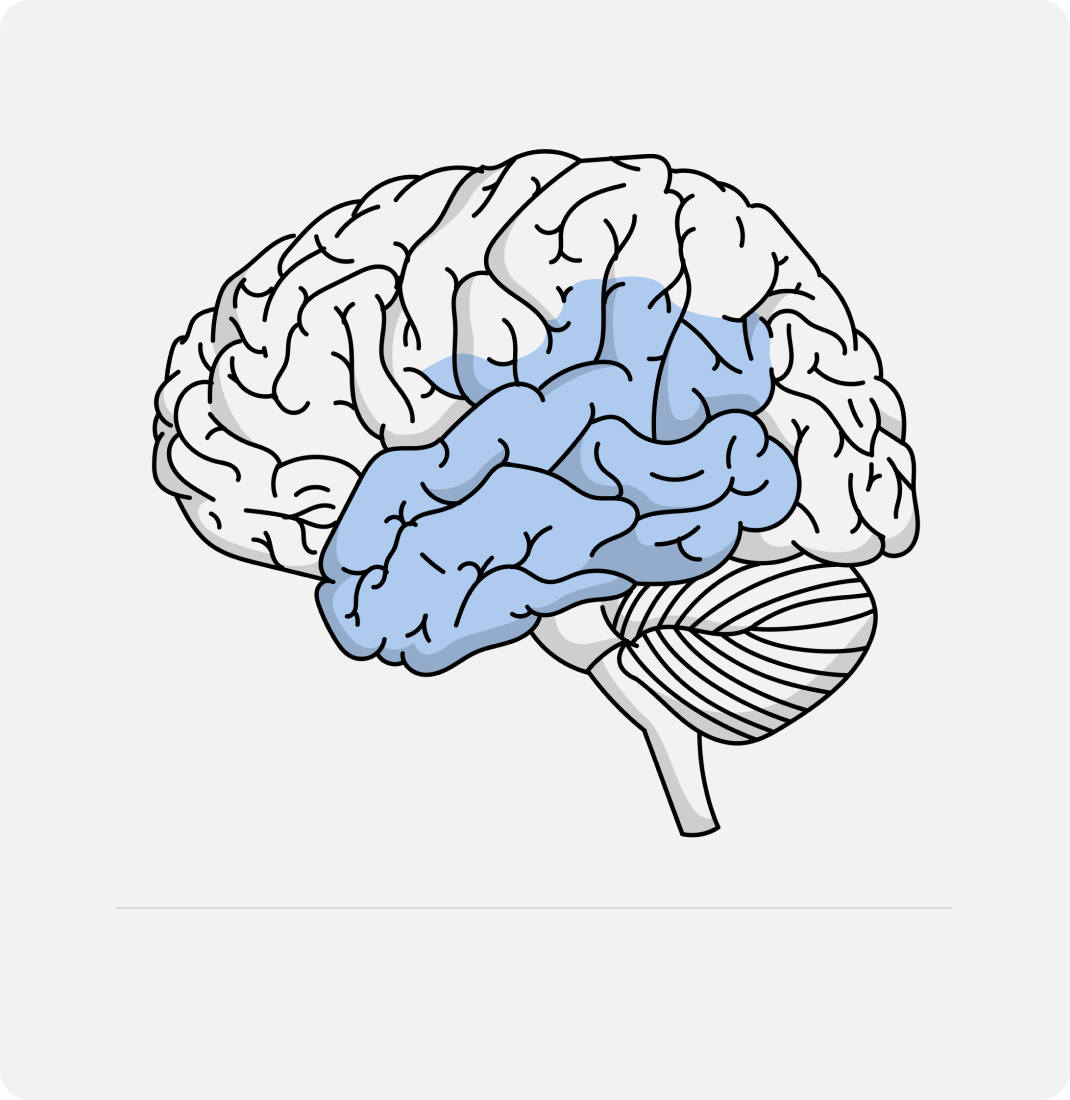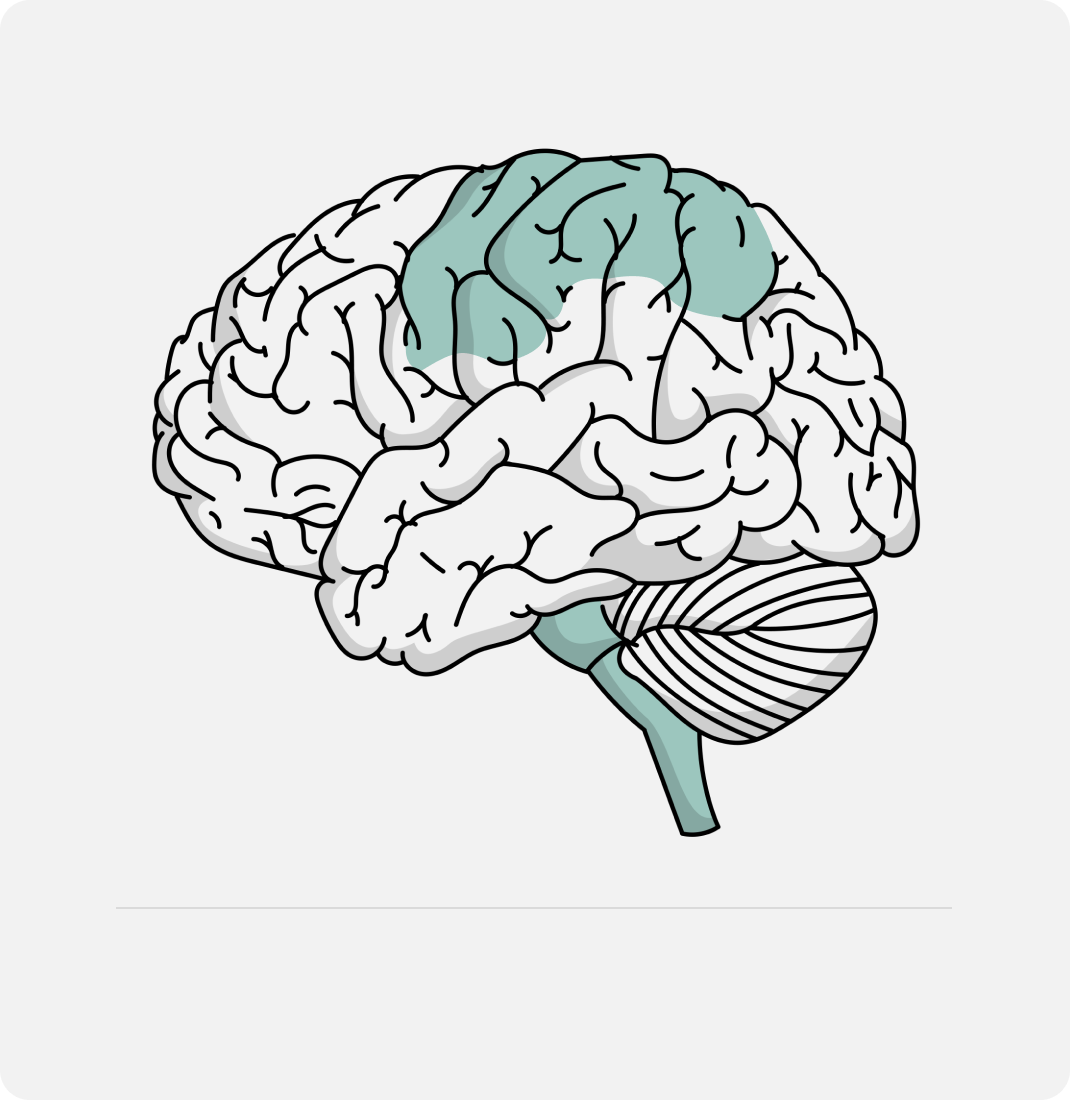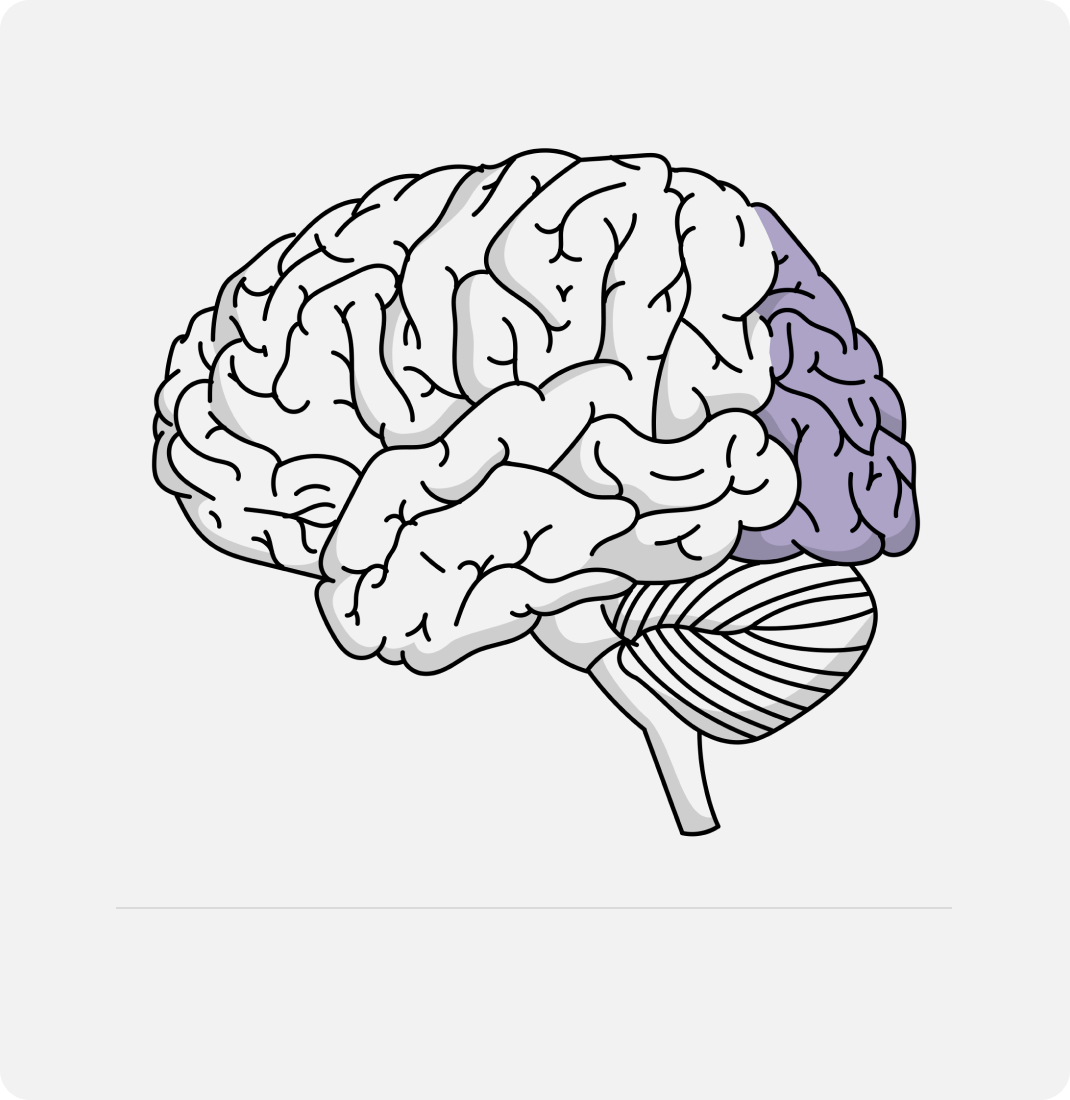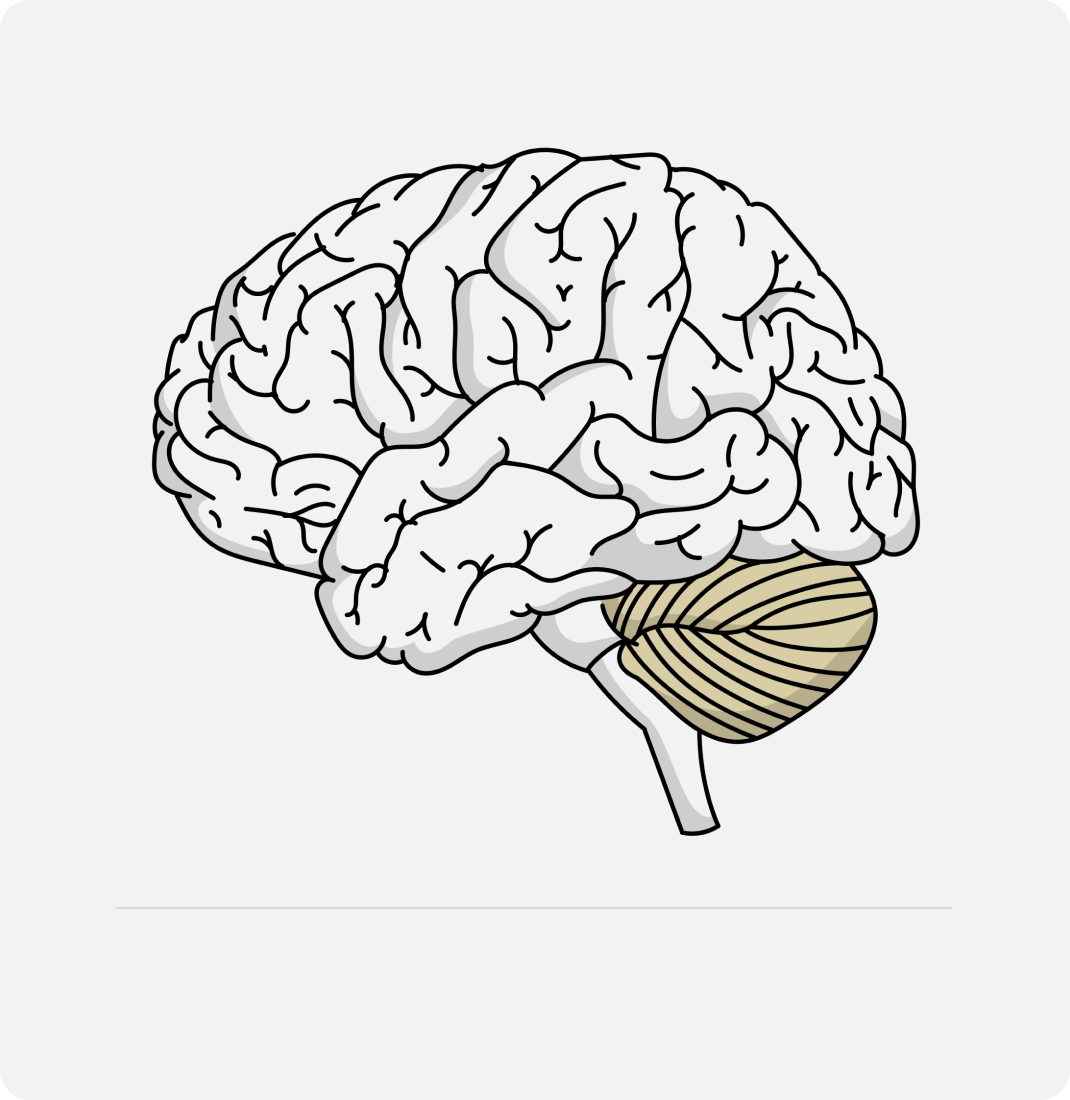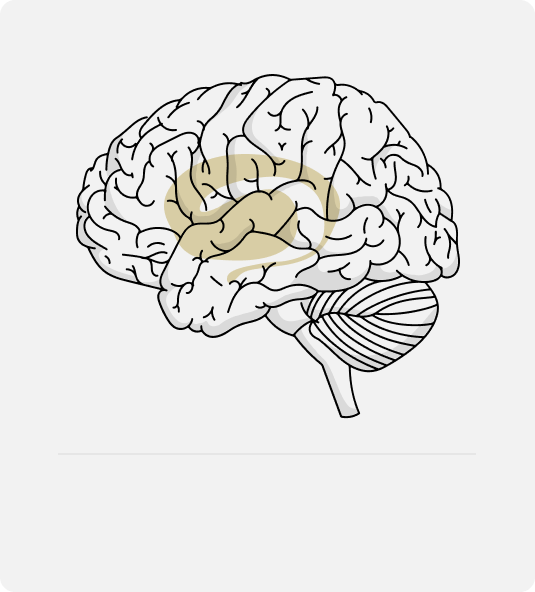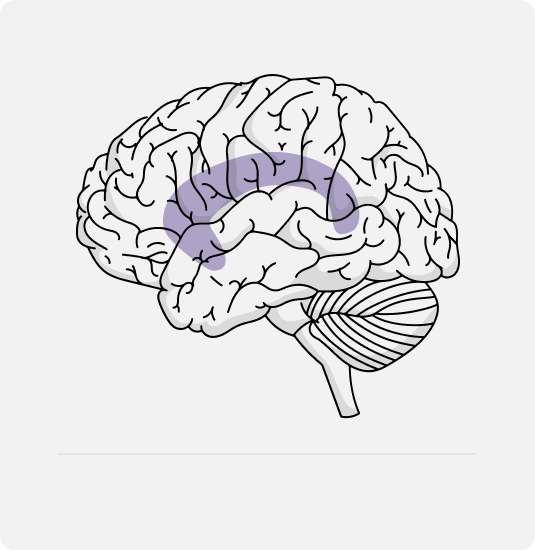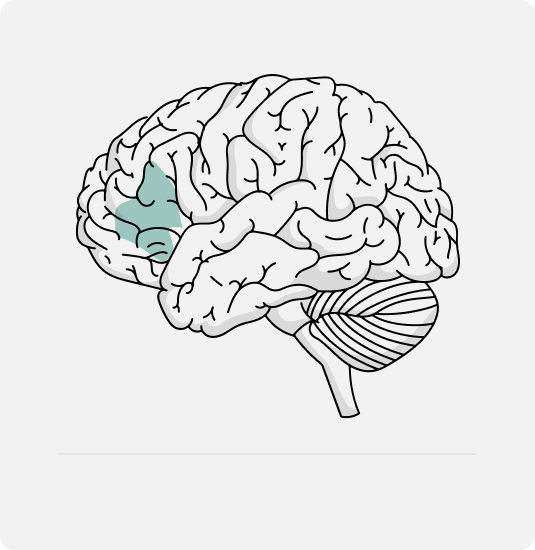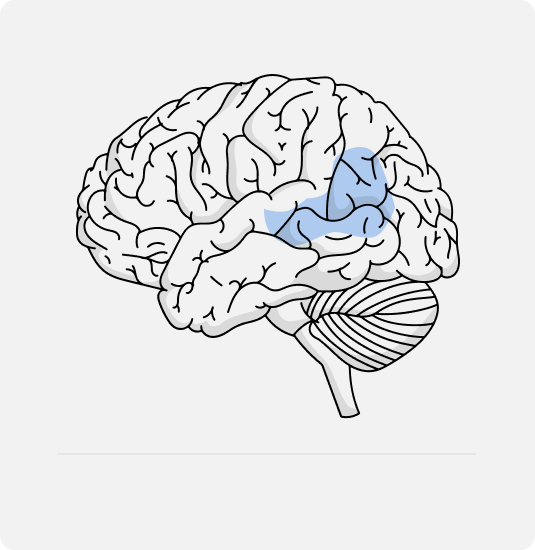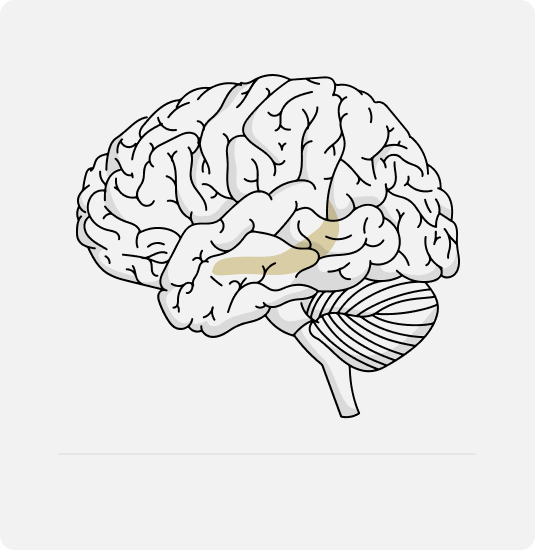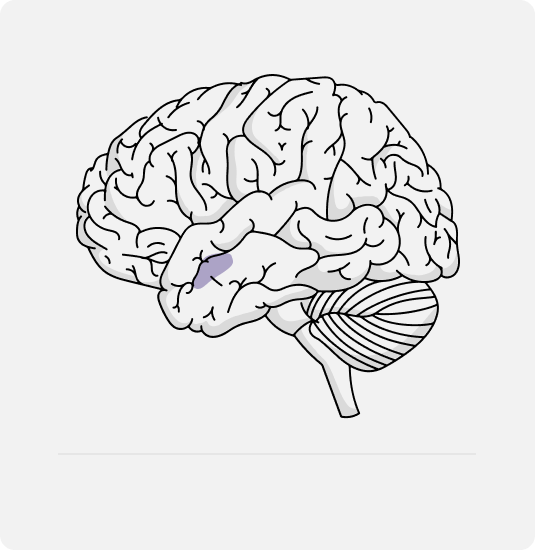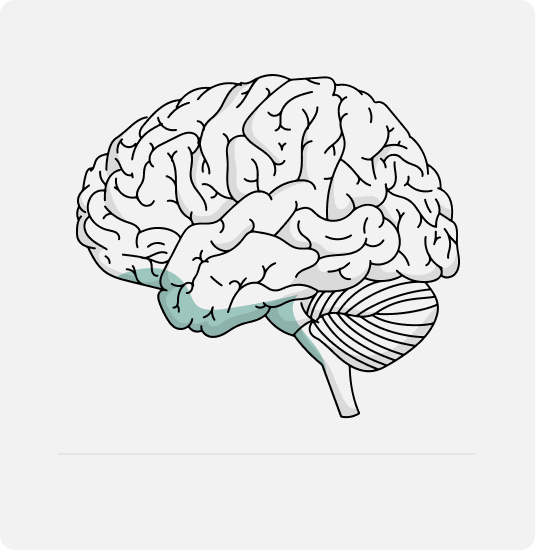Alcohol use during pregnancy can damage the structure of any part of the brain.
The functional impairment can be classified within ten neurodevelopmental domains. The diagnosis of FASD requires severe impairment in at least three of these domains.
People with FASD have their own individual strengths and interests, but all experience a degree of difficulty in everyday activities and will likely need additional support to thrive.

